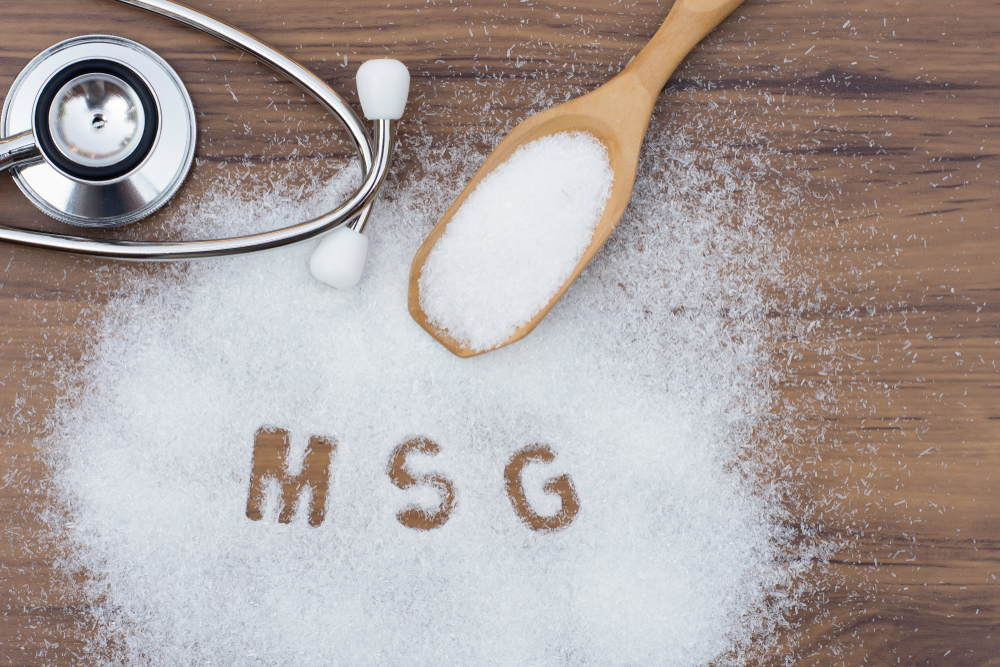
Monosodium glutamate (MSG) or commonly known as “vetsin” in the Philippines, is one of the most controversial food ingredient, because of debates surrounding it like is it high in sodium? Or does it pose various health concerns like headaches, nausea, and so on?
But before we answer these questions, did you know that MSG is produced through fermentation of natural food ingredients like corn, sugar cane, cassava, sago, sugar beet, or rice? Yes, it’s the same process done to produce soya, chocolates, vinegar, etc. Through fermentation, molasses extracted from the raw material are converted to glutamic acid, one of the most common naturally occurring amino acids. Glutamic acid is naturally found in our bodies and in various foods such as tomatoes, cheeses, mushrooms, corn, and such. So if MSG naturally occurs in our food, how did MSG gain its bad rap, begging the question – is MSG really bad for you?
Where did misconception about MSG come from?
Cooks often use MSG due to its flavor-enhancing abilities. Aside from this, it contains less sodium compared to salt. However, in 1968, misconceptions about MSG circulated due to a piece written by R.H. Kwok titled Chinese-restaurant syndrome, published in the New England Journal of Medicine. This paper contains anecdotes, without scientific evidence, about Kwok’s experience of feeling lethargic, having headaches, and heart palpitations after eating in Chinese Restaurants. MSG was then singled out by the public, despite clear indications of the author that the food he ate consists of alcohol and other ingredients.
What do scientific studies say?
If we are to round up scientific evidence regarding how bad MSG is for your health, you’re bound to stumble on many unproven studies.
The extensive body of research about glutamate has been reviewed by independent scientists and regulatory authorities around the world — all have found MSG to be safe. The Food and Drug Administration in the United States and in the Philippines consider the addition of MSG to foods to be “Generally Recognized as Safe”.
In 2016, another study tried to prove the correlation between headaches and MSG. The researching bodies found none and published it in the Journal of Headache Pain.
Following this, the International Headache Society removed it from its list of headache triggers in 2018. Later that same year, researchers from the University of Pittsburgh published a review that MSG presents no harm to the human brain.
So, is MSG bad for you?
Based on all these findings, no, MSG is not bad for you.
